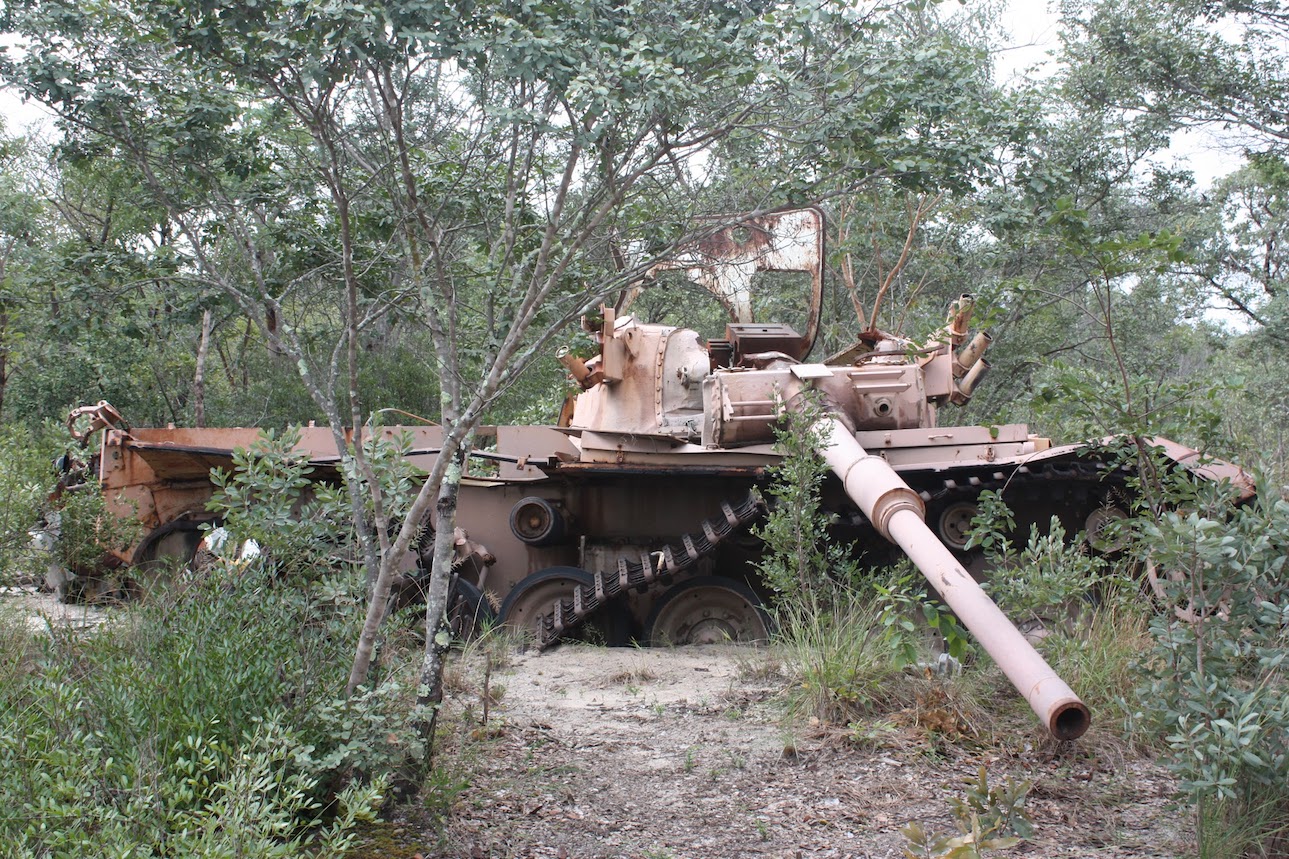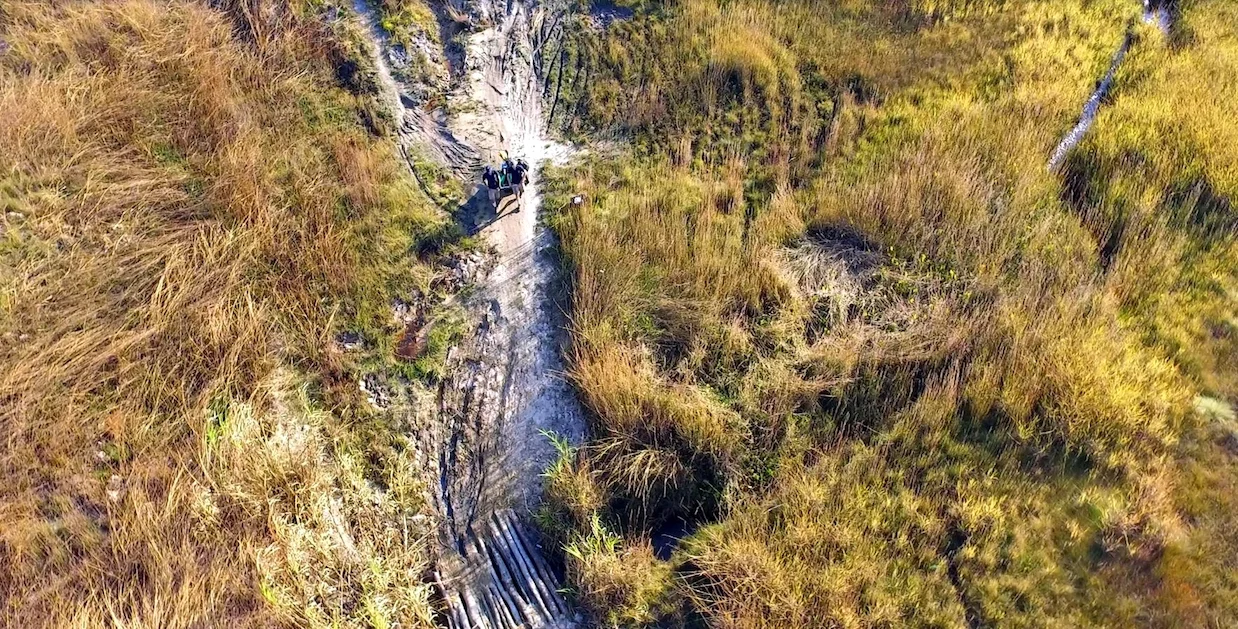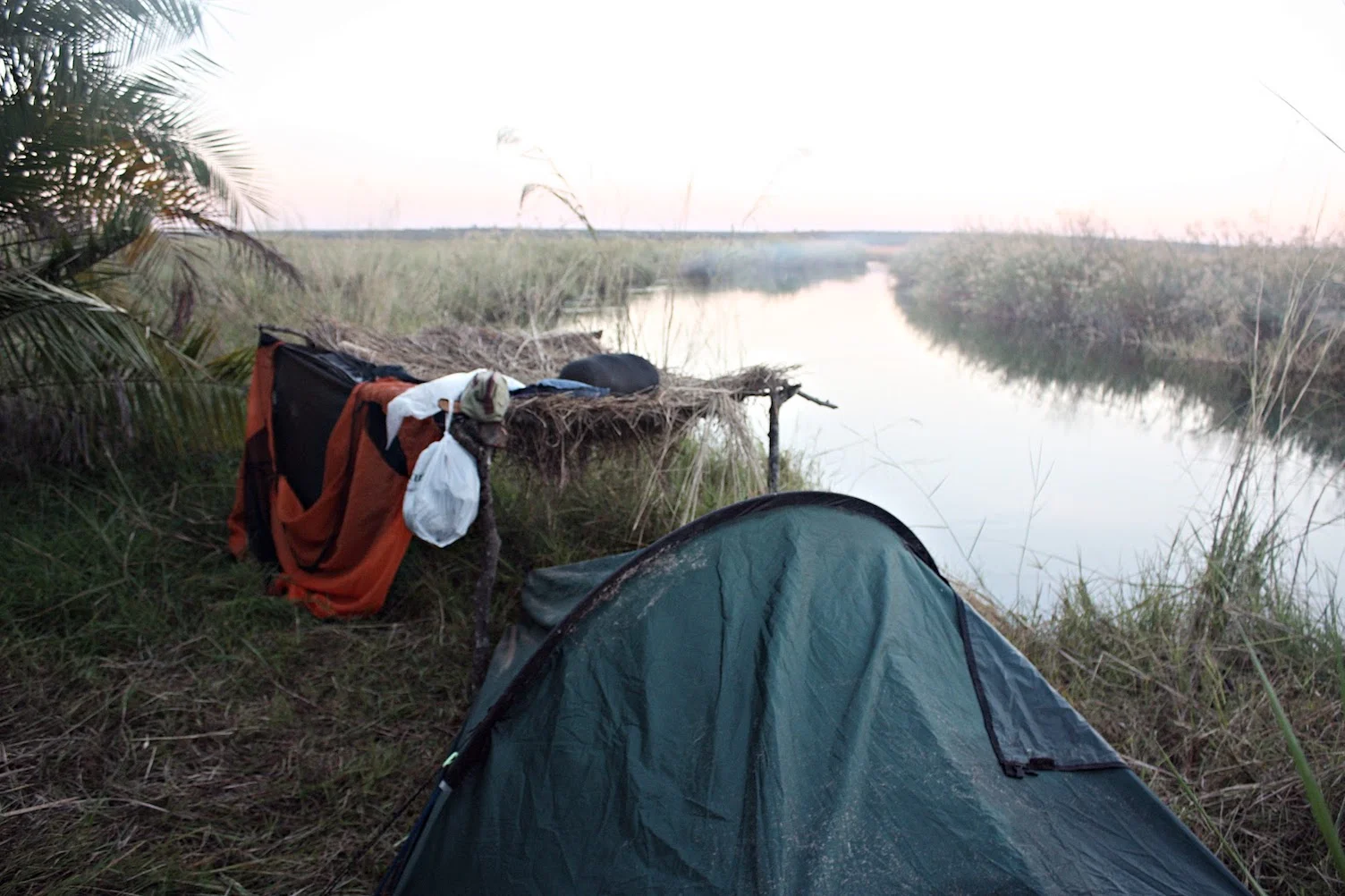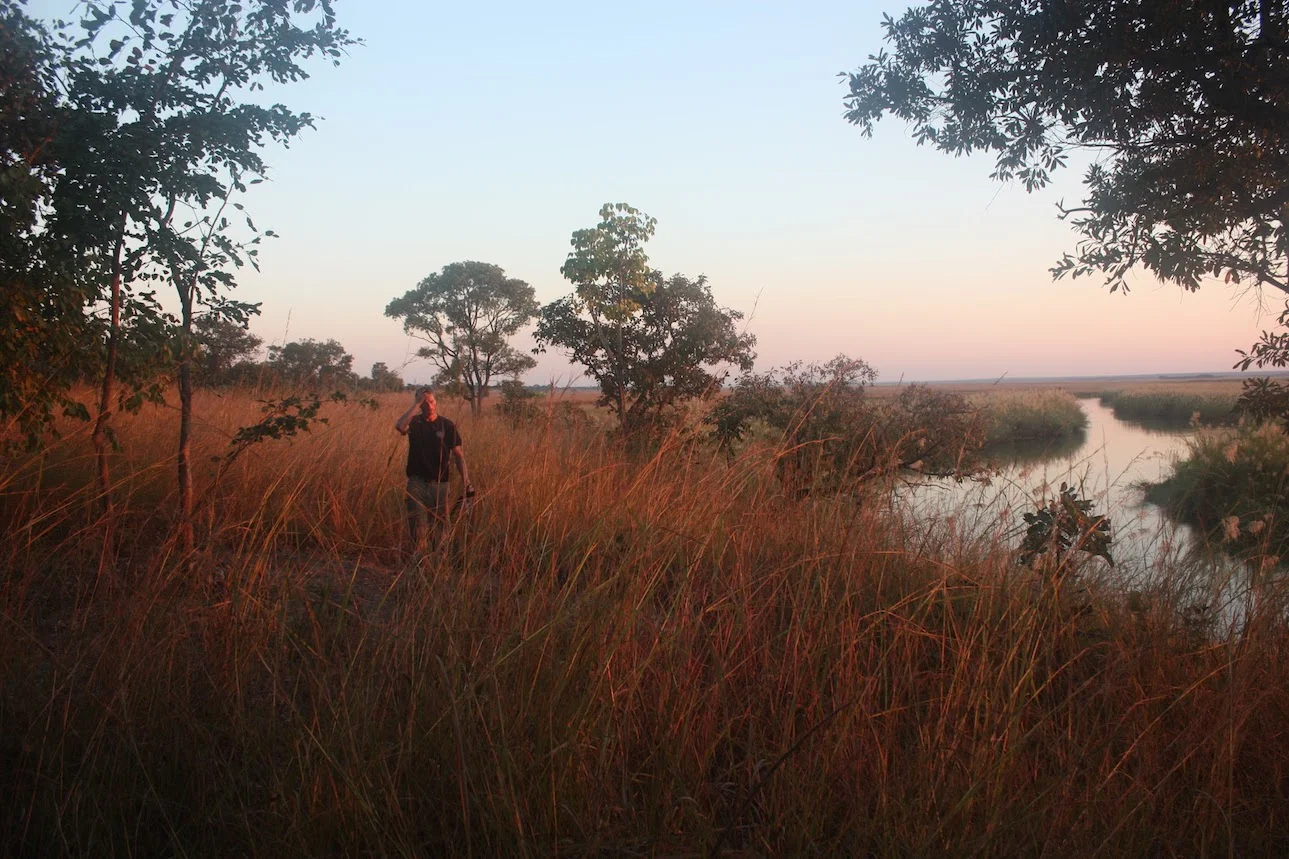Oscar Scafidi is a travel writer, Lusophone Africa political risk consultant and international teacher. He lived and worked in Angola between 2009 and 2014. He has also lived and worked in Khartoum, Sudan and London. He is the author of Bradt Guides to Equatorial Guinea and Angola. Much of his travel writing focuses on difficult destinations, such as conflict and post-conflict zones. In this week's blog post he talks about the personal and wider impacts of his epic journey kayaking the Kwanza river, from source to mouth.
Kayaking Angola's Kwanza River
In June 2016, I set out with my friend Alfy Weston to do something that nobody had ever done before: kayak the length of Angola's Kwanza River, from source to mouth. Over the next 33 days we kayaked, hiked and waded through some of last truly wilderness areas in Sub Saharan Africa. Starting high up on the Bié Plateau, which provides water to the Okavango Delta, we made our way down the river to the mouth at the Atlantic Ocean coast, just south of the capital Luanda. We transported over 100kg of expedition gear along 984km of kayaking and 300km of hiking. During our expedition we were attacked by hippos, sank in rapids and were even arrested and threatened with deportation by Angolan security forces.
We undertook the journey in order to raise funds for The HALO Trust, which is the world's oldest and largest humanitarian mine clearance organisation. As a result of a lengthy civil war (1975-2002) Angola is currently one of the most landmine-affected countries in the world. Our target was to raise $10,000 for mine clearance in an Angolan town called Cuito Cuanavale, which is sadly known as Africa's most mined town.
For those interested in a narrative version of our story, we filmed a 52 minute documentary which can be viewed here. If you are pressed for time, here is a 10 minute talk I gave to The Royal Geographical Society in London about the expedition. Rather than giving a blow by blow account of what happened, I would like to dedicate this article to reflecting on the impacts our journey had, both on myself and others.
Personal Impacts
Completing the expedition was likely the most difficult physical challenge I have ever undertaken. Looking back on my blog posts about training before the expedition, I am both shocked and amused by the naivety with which I approached the task. I like to think of myself as relatively athletic, and during my training I was running, kayaking, lifting weights and practicing Brazilian Jiu Jitsu as well as wrestling. However, these isolated chunks of effort were nowhere near enough preparation for having to exert ourselves ten to twelve hours per day on a calorie-depleted diet. Throwing in insect bites, extreme temperature variations, the stress of hippos and injuries to hands and feet and we had all the recipes for giving up quite early in the journey. My biggest personal impact was learning how much of expedition travel is mental, rather than physical endurance. You do not need to be a gifted athlete in order to complete a journey of this magnitude, you just need to be willing to keep moving when your body is screaming at you to stop.
Alfy and I were also both deeply humbled by the welcomes that we received from the isolated communities on the river. Whether fishermen, subsistence farmers or diamond miners, these people had nothing to gain by being hospitable to us. Yet without fail we were greeted, allowed to camp with them, offered food or even kayaking advice for the river ahead. I thought at the beginning of the journey that it would be an isolated challenge: us against nature. In some sections this was the case, but we could never have finished without the kindness of the Angolan people that we met along the way. It was refreshing to see that amongst all the "us versus them" clamor of the Brexit vote back home, we were able to find these connections out in the middle of the African bush, with people from very different backgrounds to our own.
Wider Impacts
Our biggest impact was that we raised over $25,000 for The HALO Trust's work in Cuito Cuanavale, Angola. A full report on what the money was spent on can be found here. All the generous donations paid for the deployment of two demining teams for one month, removing 121 anti-personnel and 93 anti-tank mines from the ground. This all takes us one step closer to The HALO Trust's goal of a landmine-free world by 2025. Our documentary film was also released worldwide, helping to shine a light on one of the lesser known African nations, and some of the problems that it faces today.
Conclusion: what can you do to help make Angola landmine-free?
The HALO Trust are in desperate need of funding to reach their goal of a landmine-free Angola by 2025. In fact Alex Vines, head of the Africa programme at Chatham House, recently noted that "At the current rate of funding, Angola will not become landmine-free until at least 2046". To this end, I have written a book about our expedition, which is being released by crowdfunding publisher Unbound. I will be donating 25% of the profits to assist The HALO Trust's work in Angola. You can pick up a copy of the book, in both print and digital formats, here.
More details of the trip can be found here and you can get regular updates on Twitter.
Examples of Oscar's work can be found at http://polosbastards.com









